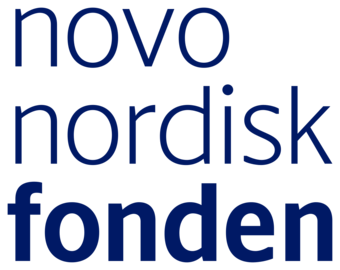Division of Neurophysiology (Center for Brain Research)
Position: PHD Student
Location: Spitalgasse 4
Phone: +43 (0)1 40160-34115
E-Mail: sibel.ada@meduniwien.ac.at
Abstract
The transition of physiological pain to chronic pain does not only create a major physical and psychological burden on patients but is also a challenging clinical problem. Mechanisms that are strongly implicated in pathological pain are associated with changes within the spinal nociceptive circuitry. Recent research revealed that these changes are not only facilitated by neuronal mechanisms also glial cells, such as astrocytes, are key players in the transition from acute to chronic pain. The aim of this study is to unravell the involvement of spinal astrocytes in the chronification of pain.
Techniques
Chemogenetic Activation of Spinal Astrocytes
In order to specifically target spinal astrocytes Designer Receptors Exclusively Activated by Designer Drugs (DREADDs) delivered via a viral vector are injected to the lumbar region of rats. After a recover-period spinal astrocytes expressing the DREADDs can be solely activated by the designer drug Clozapine-N-Oxide (CNO).
Behavioural Tests
To asses the effect of spinal astrocyte activation on pain-related behaviour different tests including the von Frey and the Hargreaves tests are performed. Changes in pain thressholds upon astrocyte activation upon CNO administration are determined.
Electrophysiology
To investigate the effect of spinal astrocyte activation on a cellular level whole-cell patch clamp recordings will be performed on spinal cord slices from animals that were previously injected with either the DREADD or a control virus. Changes in cell properties and synaptic strength at spinal nociceptive synapses upon astrocyte activation via CNO application will be determined.





